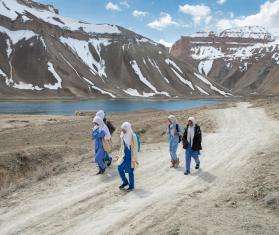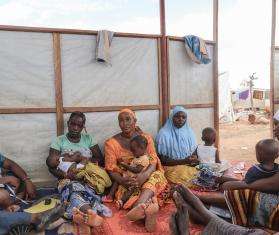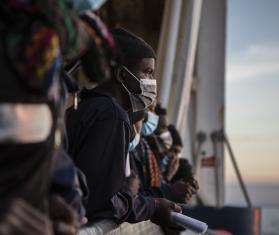*Data from MSF International Activity Report 2022

Burkina Faso 2021 © MSF/Mario Fawaz
Burkina Faso
An upsurge in violence has led to mass displacement & severely restricted access to health services.
Our work in Burkina Faso
Doctors Without Borders/Médecins Sans Frontières (MSF) continues to respond to urgent medical needs across Burkina Faso, despite increased insecurity caused by ongoing conflict between the government and non-state armed groups.
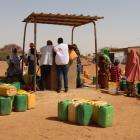
What's happening in Burkina Faso?
A growing number of cities have been besieged by armed groups, sometimes forcing MSF teams to suspend or cease activities altogether. In 2022, after armed groups took control of Pama, Sebba, and Djibo—where we support health centers and work to improve water supply—access via land soon became virtually impossible. Food and medical supplies could only be delivered by military convoys or by air, causing severe shortages and a steep rise in prices.
Health facilities in the country also face staff shortages, as many medical professionals have fled the violence. Threats against our staff and patients, increased checkpoints, and restrictions on our supply lines by armed groups forced us to close projects in Centre-Nord and Sahel regions in 2022.
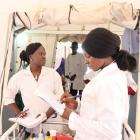
How we're helping in Burkina Faso
Nevertheless, our teams continued to deliver humanitarian and medical assistance to displaced people and host communities throughout the year, focusing on tackling major health issues, including malaria, outbreaks of measles and other diseases, mental health and sexual violence, as well as supporting access to community-based basic and specialist health care. Our teams also trucked in water and constructed and renovated boreholes to address the severe water shortage exacerbated by the ongoing conflict.
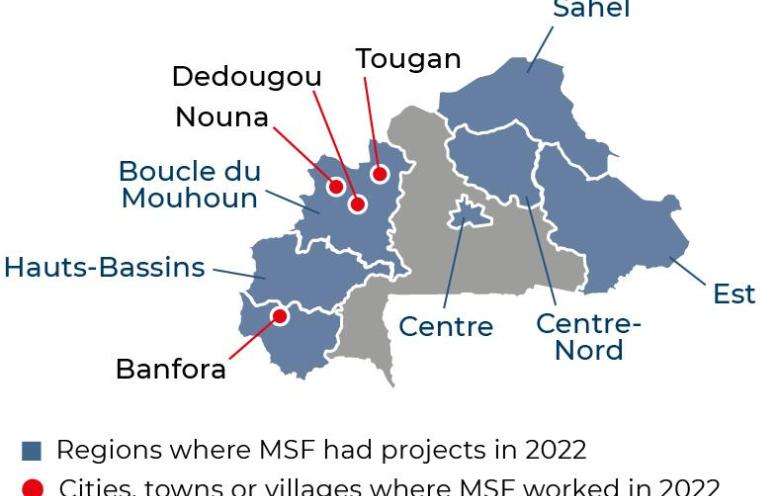
How we're helping
79M+
Liters of water distributed
1M+
Outpatient consultations
380,400
Malaria cases treated
29,500
Patients admitted to hospitals
More news and stories
Learn about MSF’s journalistic roots and our commitment to bear witness and speak out about the plight of the people we treat.
Learn about MSF’s journalistic roots and our commitment to bear witness and speak out about the plight of the people we treat.
